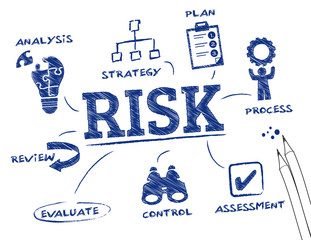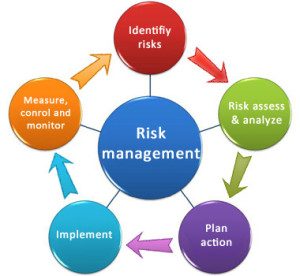Leadership is a subjective term. We see and hear about effective leaders leading a department, a company or a country. But it is difficult to really quantify or describe what leadership is. You can recognize good leadership examples when you see them but it’s difficult to define. Some leaders are ‘born leaders’, they are a natural, and excel at what they do, while others learn to become good leaders by cultivating attributes and skills, behaviours, or sets of competencies, that are practiced and mastered to become an effective leader.
I have talked in the past about Sustainable Leadership in our blog – what it is, and what its principles are. There could be several styles and types of leadership, and areas where leadership is required. One such areas is law and that is called legal leadership. Legal leadership particularly identifies how leaders behave, and how they govern others directly and indirectly, by controlling organizational structures and processes in a legal department or a law firm.
Douglas B. Richardson says, “All great leaders do five things well, Imagine, Invent, Inspire, Inform, and Influence”. Though all leadership is fundamentally the same, legal leadership can take many forms, involve distinct roles and have different objectives. In a legal department, leadership has many faces: the chief legal officer (CLO), the managing attorneys, the servicing lawyers who work each day with the clients, and all of them should be leaders. Therefore, a legal leader is faced by a unique challenge of leading leaders as more often than not they end up leading other lawyers who are independent identities, individual contributors, pretty much people who do not follow anyone, do not like to be led, trust their own gut, and do not collaborate easily.
Phew! Legal leaders have to be one hell of a leader!!
Being a leader in a legal environment is challenging and may not be everyone’s cup of tea. So, what is required to be an effective legal leader? Law firms and corporate legal departments have identified some basic qualities and attributes that a leader should possess. Here are the five skills and attributes that are important for effective legal leadership:
1. Collaborative skills
Legal leaders usually find themselves managing large teams and complex cases. They usually have different and difficult sets of people at both ends of their stick. On one end are their own team members. And at the other end are the clients from diverse backgrounds, personalities, education levels, experience levels and requirements. The legal leader plays a key role in coordinating all the aspects, and people in bringing out the desired legal outcome.
Exercise collaboration with effective communication.
A good legal leader should hit the ground running through effective and early communication amongst the team members, and letting everyone know their tasks after a brainstorming session. Follow up and make sure to listen to their colleagues’ ideas or the issues they are facing, and help them overcome their obstacles and provide the resources if required.

2. Good Judgement
Success in any profession is highly dependent on good judgement, and this is especially true for the legal profession! It is one the most critical attributes that a legal leader must possess – to apply good judgement and make sound decisions. Legal professionals are faced by situations every day where they must make complex decisions by weighing in the facts of the case, evaluating potential risks and their consequences on the case and on the firm/organization.
Good judgement also requires excellent problem-solving skills. A good legal leader must be able to pre-empt the issues, and must have ideas and many solutions to a problem.
However, the leaders must not isolate themselves or feel solely responsible for a decision. Though they are leaders, they are still a part of the team, and must seek input of their peers and other experienced legal professionals on critical matters.

3. Self-awareness
While most of the legal professionals, lawyers, and para-legals would call themselves lone-wolves and individual contributors, they are still part of a legal team. As they become leaders, most lawyers face a hurdle what’s called ‘expert identity trap’. This means they identify themselves as subject matter experts but do not necessarily see themselves as a leader. Though several attributes are required to be a good legal leader, self-awareness is one of the key qualities of an effective one.

4. High ethical standards
The legal profession is heavily based on trust, and each member’s ability to demonstrate highly ethical behaviour. Failure to do so will have many adverse outcomes such as not being able to gain the trust of their client and/or colleagues, and even more critical, being disbarred or legally charged and disciplined for misconduct. All legal professionals are bound by the model rules of professional conduct and they must understand their responsibility as the stakes involved are high!
5. Diplomacy
Diplomacy is one of the skills that a legal leader must have to climb the ladder of their legal career. A good leader must exercise diplomacy in handling clients, project the professional image of the firm, and must be respectful of their colleagues. The legal profession is an intensive and demanding career. It is critical for leaders therefore to keep calm and show virtues such as understanding, compassion, and integrity. Diplomacy is not something that one can learn overnight, it is a gradual, self-grooming process that can be effectively used to resolve any conflicts, and manage differences and disagreements.
To be the best legal leader, it takes lot more than just being book-smart too; one needs to be street smart. Our 100% online master’s degree programme prepares you just for that by providing a deep understanding of the key concepts and theories of leadership and their application in a law-oriented organization. Talk to our advisors today to learn more about the programme.























